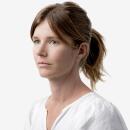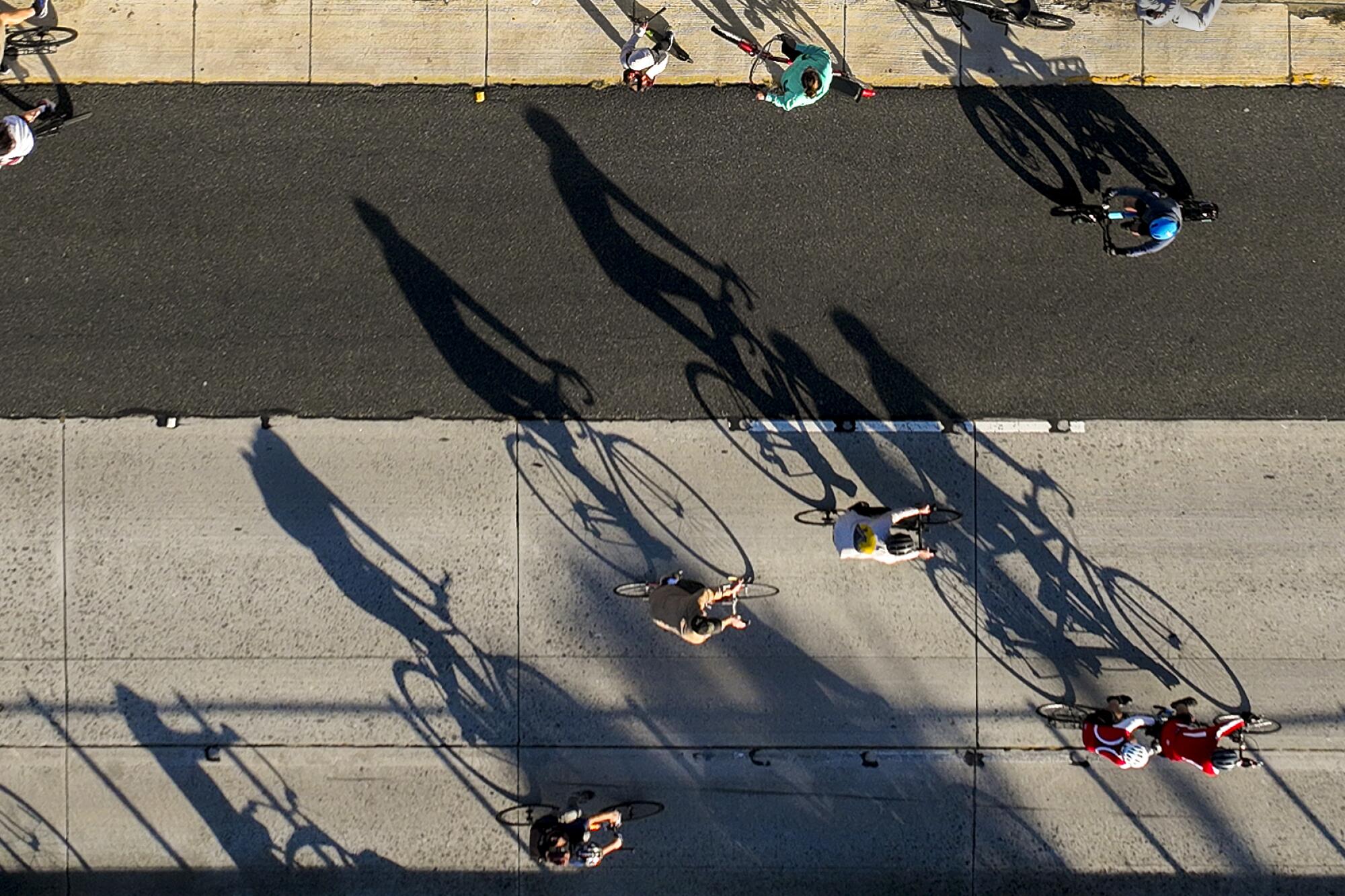
- Share via
A rare occurrence unfolded Sunday morning on the Arroyo Seco Parkway: No cars were allowed.
Instead, the stretch of the 110 Freeway that snakes its way through South Pasadena and Northeast Los Angeles — usually crammed with motorists — was people-powered and reserved for pedestrians, bicyclists and anyone else who wanted to explore the area from a new perspective.
The celebration known as 626 Golden Streets ArroyoFest is a sequel to the first ArroyoFest, held 20 years ago.
Hosted by Active San Gabriel Valley and presented by Metro, the free, family-friendly event shut down six miles of the freeway and local streets from 7 to 11 a.m. Pedestrians and bicyclists took over the roads, similar to the open-streets concept behind the car-free CicLAvia events. The emphasis for ArroyoFest is on foot traffic and allowing people to explore the neighborhoods of Lincoln Heights, Cypress Park, Highland Park, Hermon, South Pasadena and Pasadena.
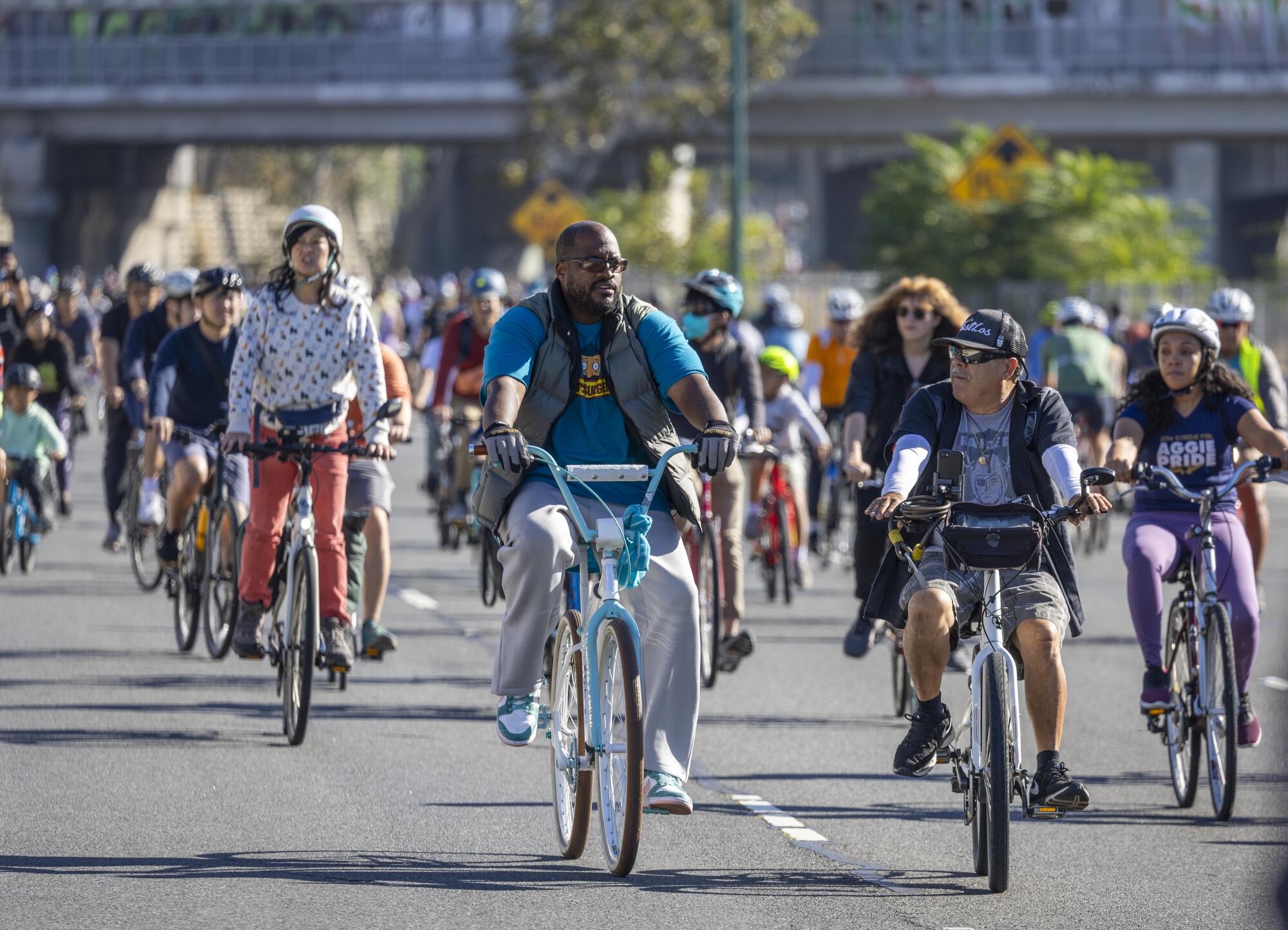
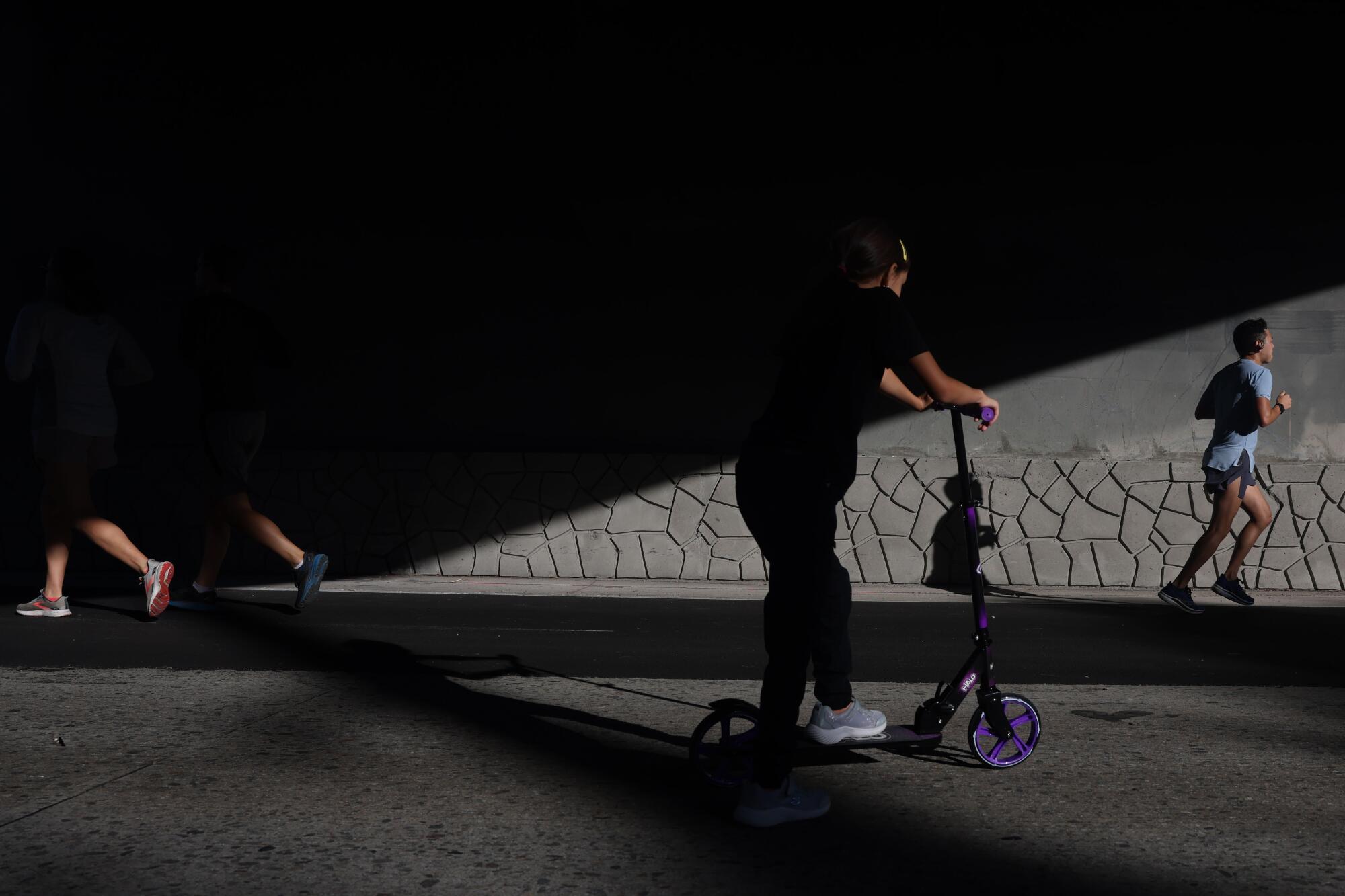
When cyclists took over the 110 Freeway between downtown L.A. and Pasadena, we asked them what they’d change about riding bikes in Los Angeles.
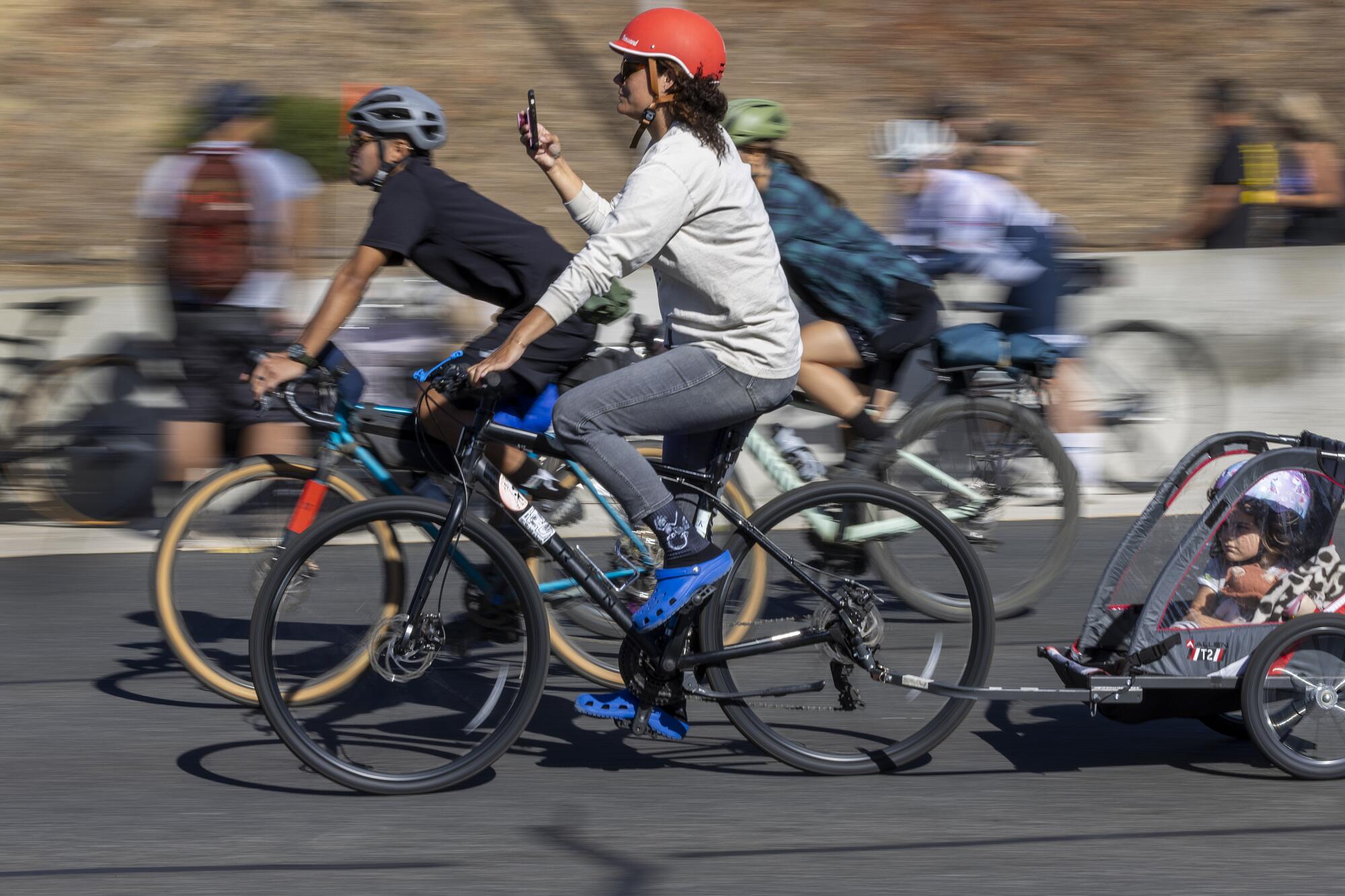
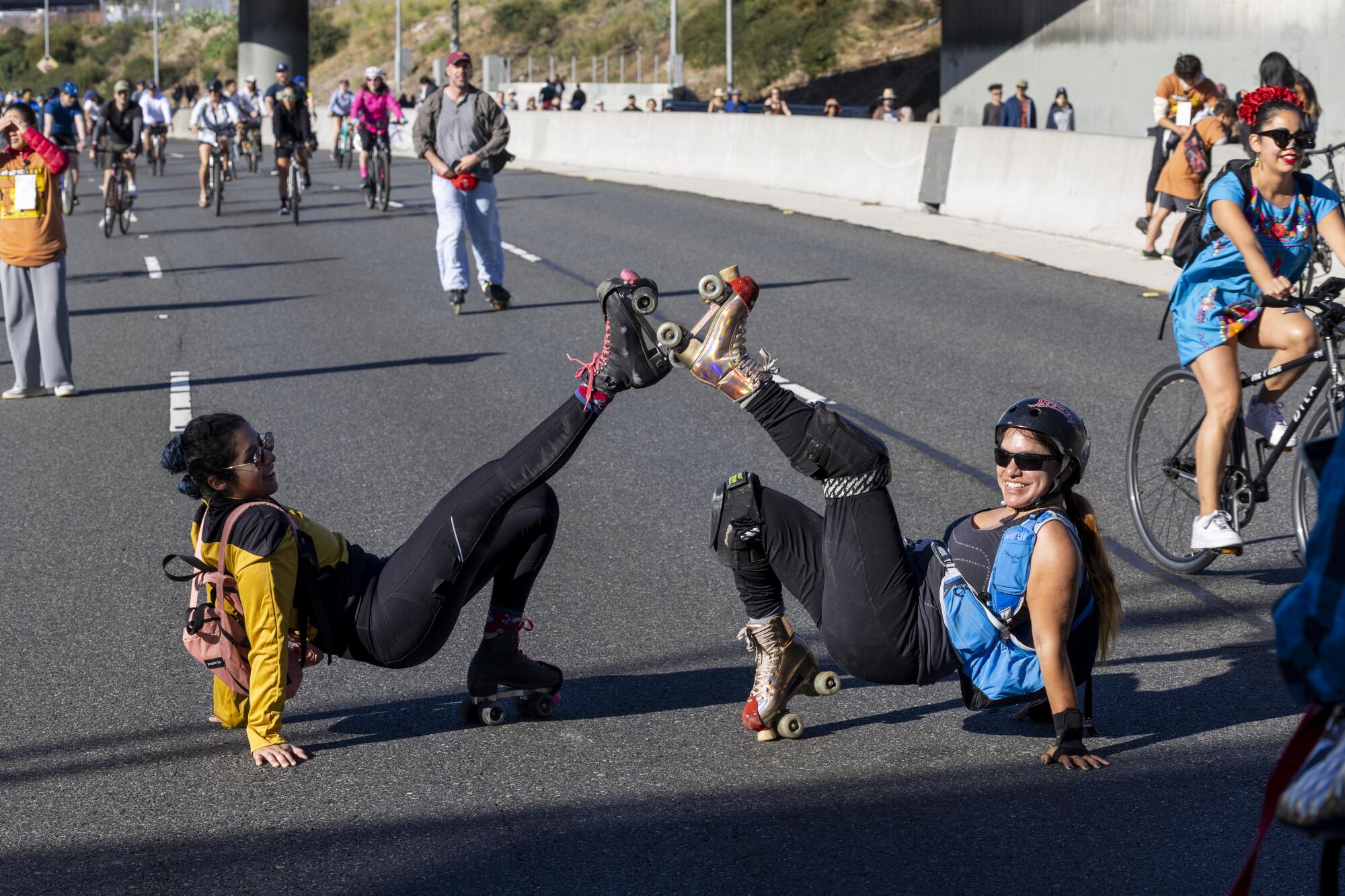
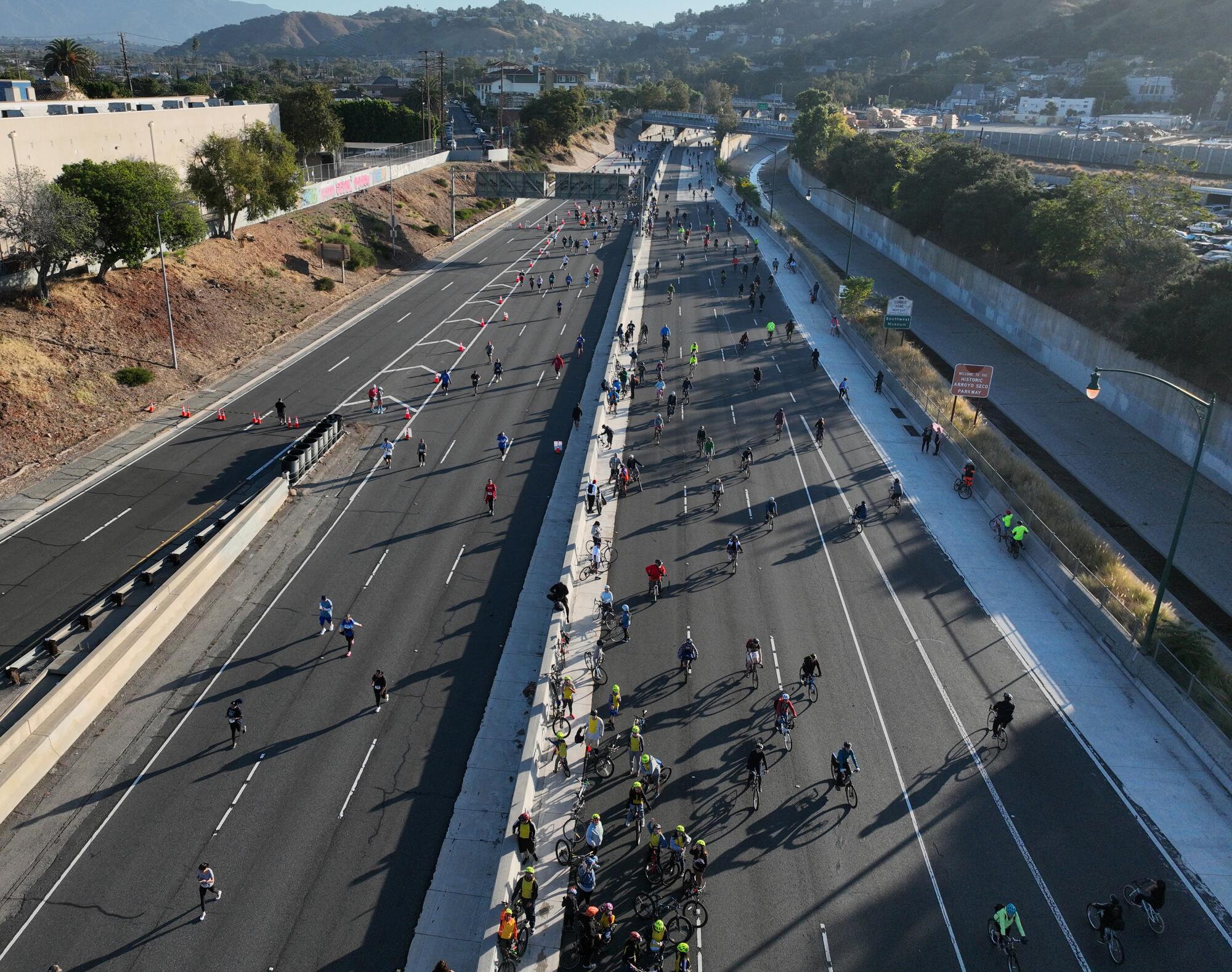
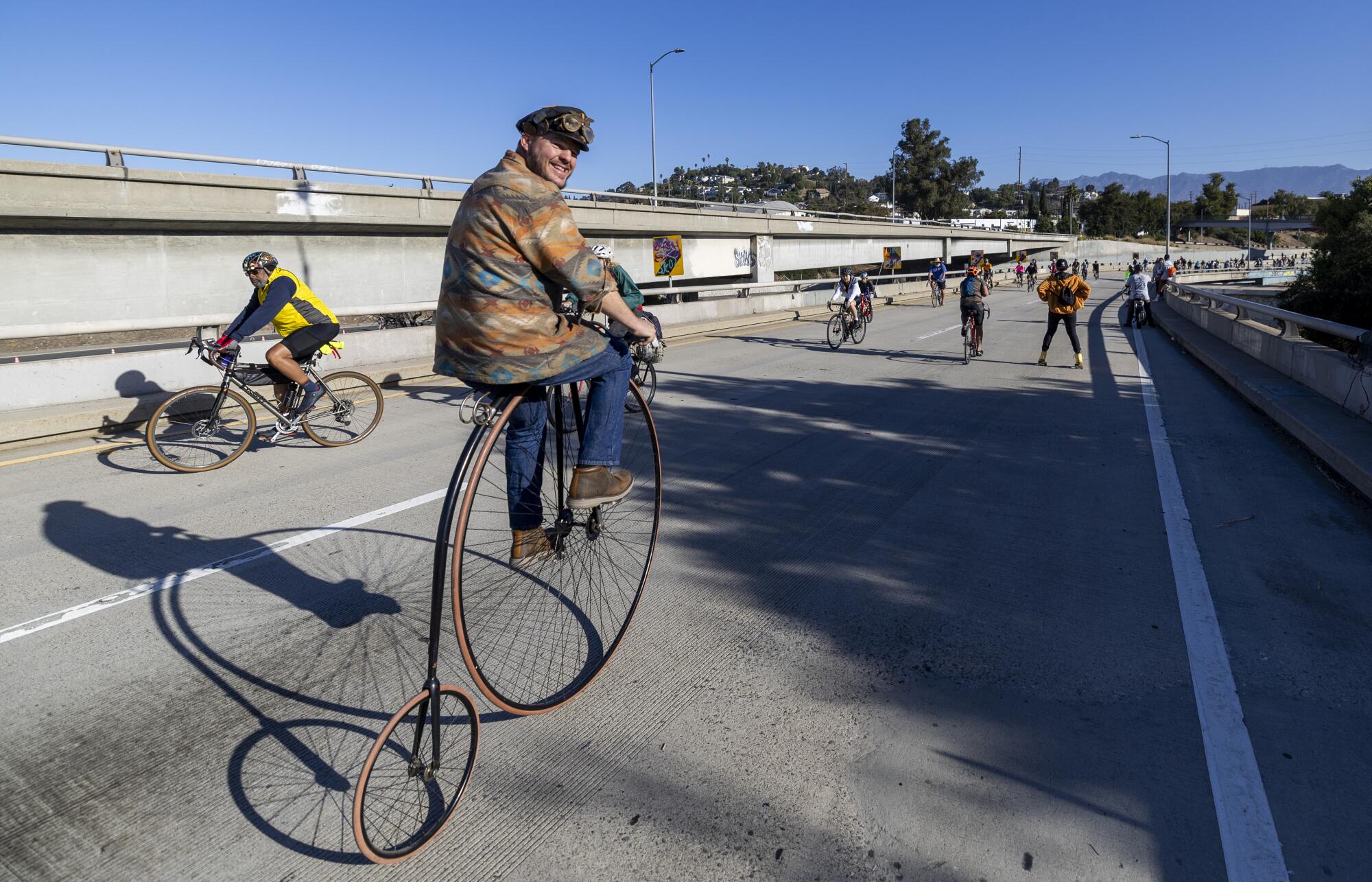
More to Read
Sign up for Essential California
The most important California stories and recommendations in your inbox every morning.
You may occasionally receive promotional content from the Los Angeles Times.





